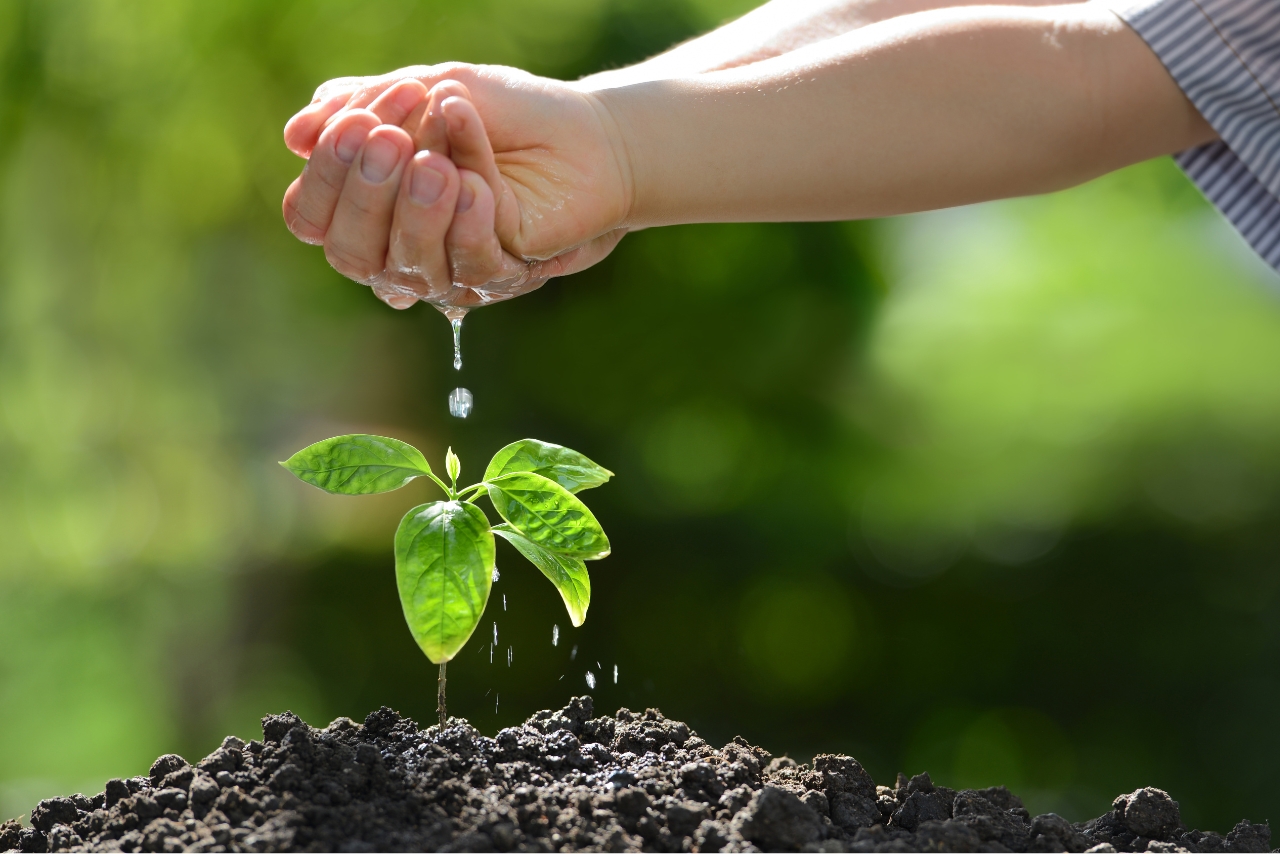The living circle: sustainable food is the theme of the month in October

Dear Friends!
Here’s this week’s ’round-the-cycle’ community calendar. Feel free to choose the programmes that are closest to you. Remember, it’s worth trying new things! We are constantly experimenting together for a better and more liveable future.
Soil Day: We welcome everyone to the community garden, where we will open another permaculture corner for winter vegetables. No need to bring a shovel, your hands will be enough. It will be better for you and the worms, too.
Harvest in the regenerative forest garden: Bring with you the gratitude you can give to nature for their gift. And waterproof shoes, as we didn’t mow this year, which is better for the trees. According to the gardeners, the soil condition improves every year, thanks to the roots and mycorrhizal fungal network that remain in the soil.
Farmer’s market: although quince is super-healthy, you need the vegetables. So come and buy groceries here, we’ll be full of seasonal treasures this fall. We especially recommend Stephen’s pumpkins, a great source of nutrients when roasted or in a soup!
Conscious Shopping: We know how hard it is to leave that beautiful box of tomatoes at the market. If you find that it will never run out, we have two tips for you: next time, make a list or choose one of our healthy recipes. And if you still miss out, bring it back on Thursday. We’ll make sure it goes to the best places, because we’re a community that cares about each other.
Compost Heroes: We’ll end the week with another compost straining, bringing the nutrients back to the community garden. You can also bring your home compost at the same time, the new container is already open. Let’s close the circle together in good spirits!
We are looking forward to meeting you!
Members of the Local Food Circle Association
04 October 2029
Our food footprint is everywhere
On Earth, roughly 48 million square kilometres of land are used for agricultural production, 44% of all habitable land. In contrast, 80 percent of the world’s agricultural land is used for livestock production (grazing or feeding), while meat and dairy products account for only 38 percent and 17 percent of the world’s protein and calorie intake.
The huge area occupied is a major contributor to biodiversity loss and the ecological crisis, but beyond that it is a major challenge for humanity.
- Between 2000 and 2021, for example, global pesticide use increased by 62 percent.
- In Hungary, food is responsible for a third of climate change (the increase in average temperature due to greenhouse gas emissions).
- The average Hungarian produces 0.5-0.9 kg of organic waste per week, which could be composted.
In other words, the unsustainability of the food industry has a significant impact on all three of the triple planetary crises: climate catastrophe, ecological collapse and waste crisis.
What can be the first step we can take?
The difference between the vision above and the frightening figures in the second paragraph can seem overwhelming. Yet, one step at a time, we can start to close the gap by joining forces with our local communities. To help us do this, we’ve set out some challenges that can get us on the road to a more sustainable food circle. The challenges were compiled with the help of students from the Sustainable and Ethical Marketing and Corporate Sustainability and CSR courses.
- Find a community garden or soil program near you! If you like the initiative, join it!
- Watch the documentary Kiss the Ground (also available on Netflix).
- Visit the Corvinus Farmers Market on Tuesday, October 15, from 9:30 a.m. to 3:30 p.m. You can find the event here. If you miss it, there are more farmers’ markets in Budapest.
- Try making a meal that is made partly or entirely from local ingredients for once.
- For one day, record what you have eaten and calculate your carbon footprint using this database: The big climate database
- Schedule one meat-free day a week.
- Try a vegan/sustainable restaurant. We recommend the following article to help you. If you don’t necessarily want to go vegan, but would prefer a more sustainable place, we recommend the “Felelős gasztrohős” map.
- Also check out and download Beeco’s eco-map, where you’ll also find places to shop consciously, restaurants and tips.
- Go through your cupboards and fridge and make meals using ingredients that have been stored for longer, but are not expired or spoiled, and in good condition!
- Compost your organic waste. Get a compost bin if you have a garden or find your nearest community composter on the Humus Alliance website.
In the Sustainability Topic of the Month project, we aim to present an interesting and relevant topic at Corvinus every month. In October, we have chosen sustainable food cycle as our theme, and we welcome related events, activities and results at mate.kovacs2@uni-corvinus.hu. In September we focused on sustainable urban transport, a summary of which can be found here.